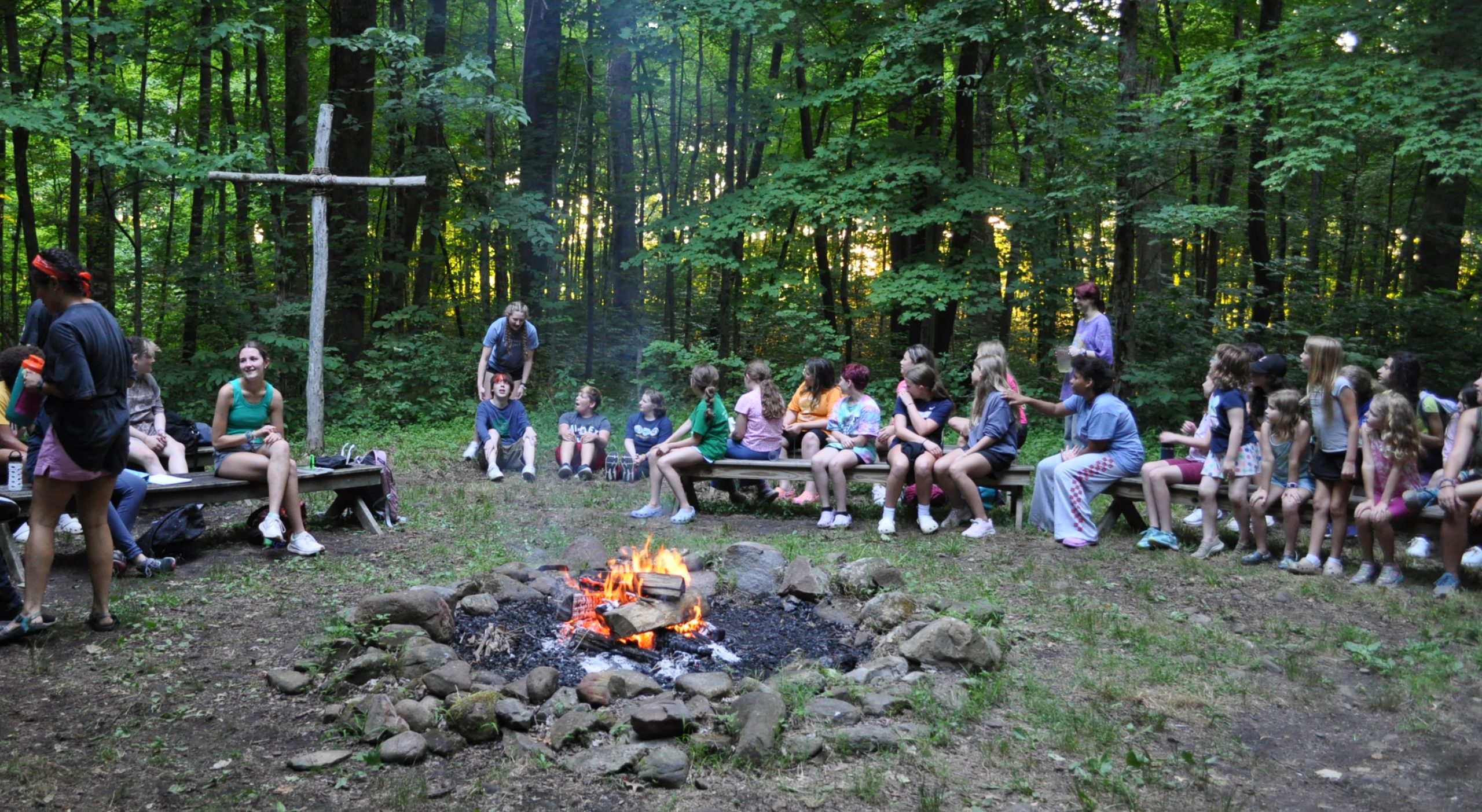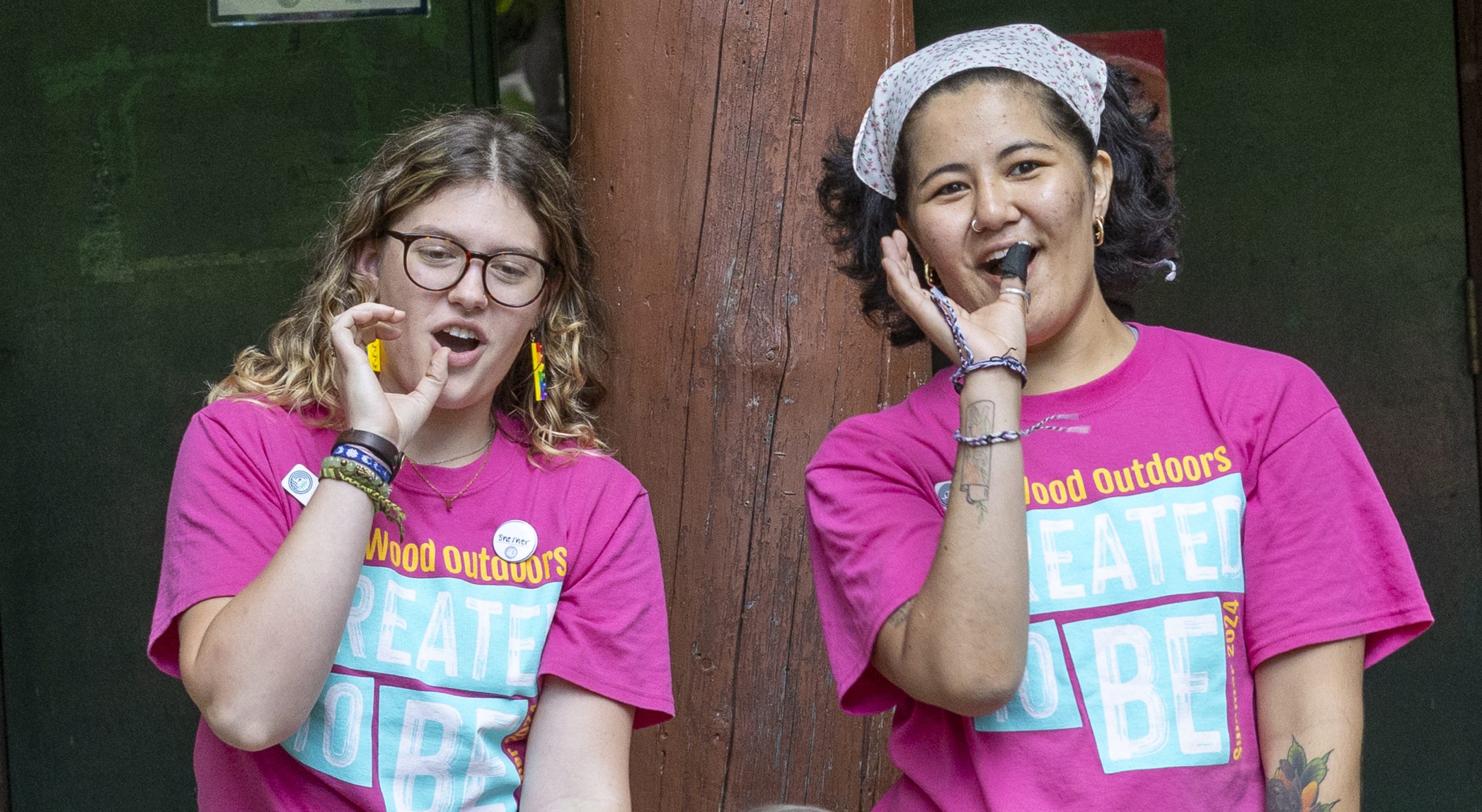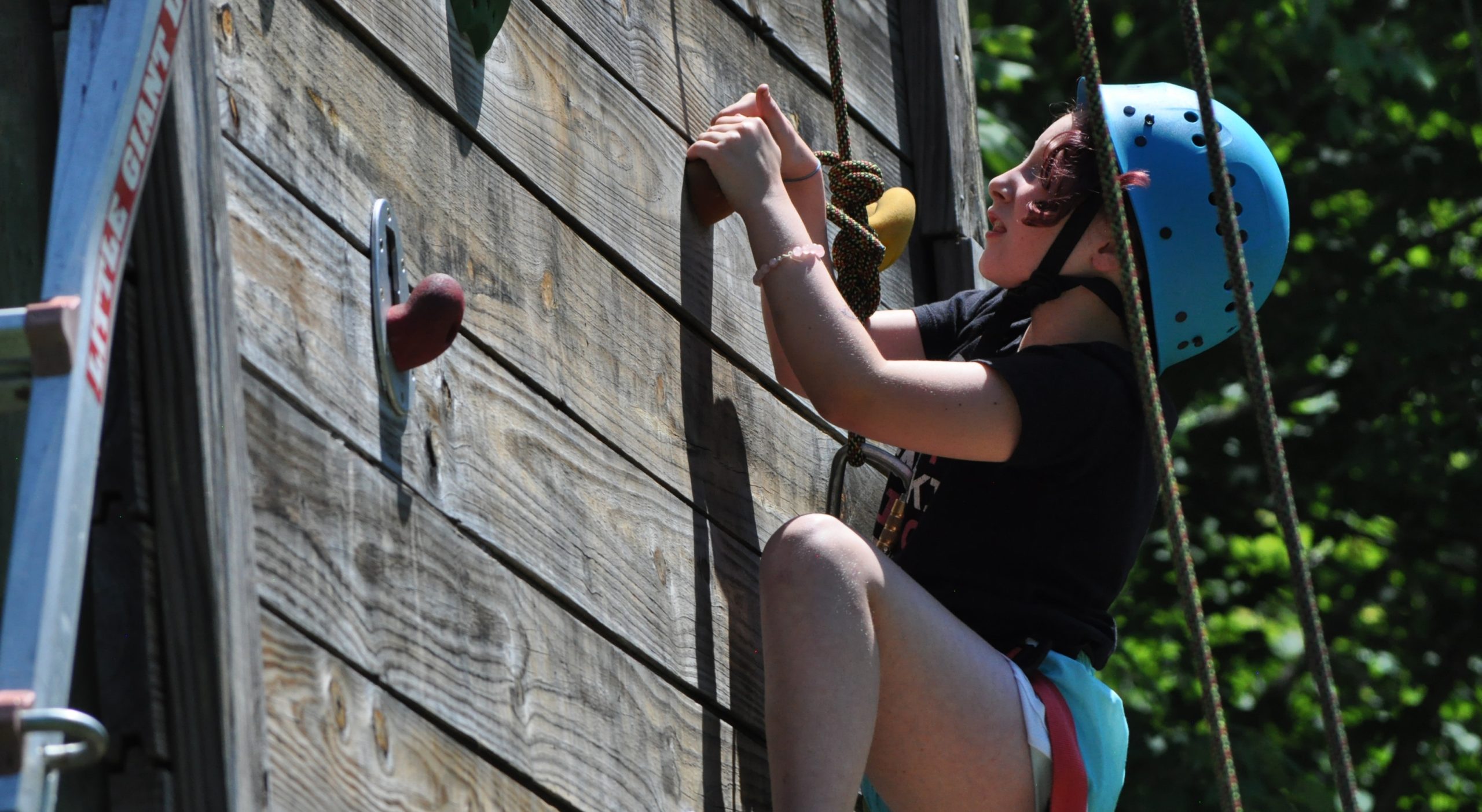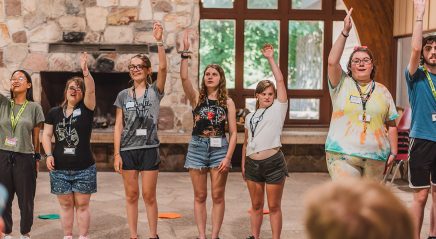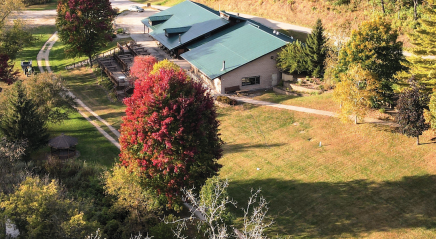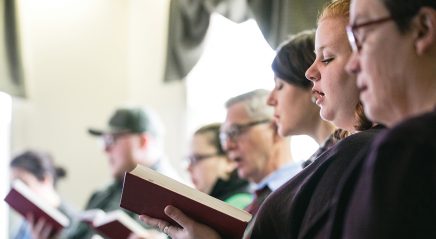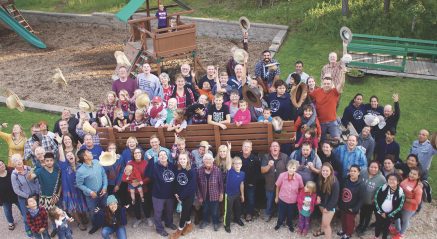As congregations seek new ways to minister to diverse communities, outdoor ministries are redefining how they welcome campers of all faiths, ethnicities and sexual orientations.
One of the ELCA’s 145 outdoor ministries, HopeWood Outdoors, based in Columbus, Ohio, aspires to be more welcoming and sustainable financially. With day-camp programs and 480 acres of campground in Marengo and Conneaut, Ohio, the ministry has provided staff with cultural training, awarded scholarships to economically disadvantaged campers, hosted diverse organizations, and sought new revenue streams and sustainable practices.
With a vision and mission of “connecting all people with nature and faith to bless a changing world” and of “faithfully inspiring people to embrace their callings in creation and community,” HopeWood is brainstorming new ways to operate that aren’t the same old, same old.
“We’re like all ministries,” said Drew Tucker, an ELCA pastor and HopeWood’s executive director. “We’re trying to figure out what a sustainable future looks like. Part of our commitment to growth is understanding what is sustainable. We’re doing this imperfectly and trying to grow.”
Last spring the ELCA Innovation Lab, which “equips congregations to unleash and harness their collective genius and discover new and useful ministry innovations,” awarded HopeWood a $40,000 Innovation Grant.
The grant, Tucker said, will help the HopeWood board and staff to “challenge ourselves to not just do things the way we’ve always done them.” The funding will also support HopeWood’s staff training initiative, “Calling Leaders: From Camp to Campus to Community.”
Tucker, who has been a campus pastor for Duke University, Virginia Tech and Capital University, took the call to HopeWood last year. The ministry was a match for him—he grew up in Ohio and attended church camps as a child.
“I was a 2-year-old when my mom took me to Camp Luther,” he said with a smile. “I also did confirmation camp and homestead camp in primitive cabins—no running water, no electricity—as a middle-schooler.”
The grant will help the HopeWood to “challenge ourselves to not just do things the way we’ve always done them.”
Tucker thought he’d spend his entire ministry on campus, but then he learned that HopeWood was seeking a pastor with the administrative skills to lead a growing and sustainable future. “It’s sometimes hard to make changes in higher education, because colleges are so big and have institutional inertia,” he said. “But HopeWood is committed to change. We can hear feedback, respond and make changes.
“It has been a delightful first year. I’ve seen and experienced people really rallying around our ministry. Our vision is to connect all people with nature to bless a changing world. I’ve seen this happening.
“People are reinvesting and reengaging. One of the most exciting things is seeing our campers and staff realize that we’re committed to growth. That we’re not just locking down to keep what we have but trying to figure out what is our future.”
One way HopeWood reaches out is by awarding camperships and waiving tuition for children and families who can’t afford the camp fees.
Tucker said the ELCA Innovation Grant will fund:
- Direct camper impact to increase camper accessibility and provide camperships for people living in poverty. HopeWood has distributed $16,000 in camperships to 36 campers, including children and families.
- Direct staff impact to provide professional education, cultural competency and bias awareness training to its year-round staff and summer counselors. For example, kitchen staff were trained in preparing nontraditional camp fare, including dishes for campers from different ethnic and cultural backgrounds.
- Sustainability planning for long-term impact, which includes finding new revenue streams, training the development coordinator in grant-writing, and working with a consultant to write a business plan.
HopeWood is also making its facilities available to such diverse groups as Safe in My Sisters’ Arms, which offers African American girls, ages 8-17, a safe space to examine their lives through a camp experience. HopeWood offered $5,000 to SIMSA toward hosting its program.
“Our mission is to faithfully inspire others to embrace their callings in creation and community.”
So far, HopeWood’s efforts are paying off, said Tucker, who noted that the camps are ahead of last year’s metrics. The ministry hosted approximately 1,200 campers during the summer, and another 1,500 people rented its various campsites. He estimates that an additional 3,000 people will enjoy the properties throughout the year.
HopeWood is also contacting local school environmental programs to rebuild past partnerships and connecting with the community, nonprofits such as Goodwill, and agencies serving family and children. “We’re getting the community engaged and letting people know that we’re interested in working together,” he said.
Tucker has hired camp staff who share experiences with campers, including people of color, those who have experienced poverty, and LGBTQ+ people. “We want to be sure that we’re working directly with those who have been marginalized by the church,” he said. “We look for staff members with relevant experiences.
“Our mission is to faithfully inspire others to embrace their callings in creation and community. HopeWood is a community committed to speaking God’s calling to the lives of all people, and that’s going to require us to grow in ways that we don’t even know yet but are committed to figuring out.”



